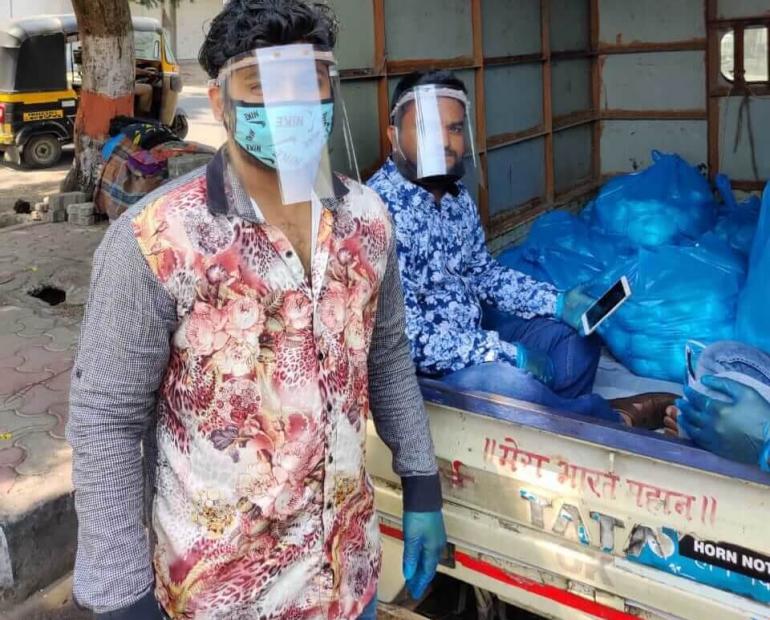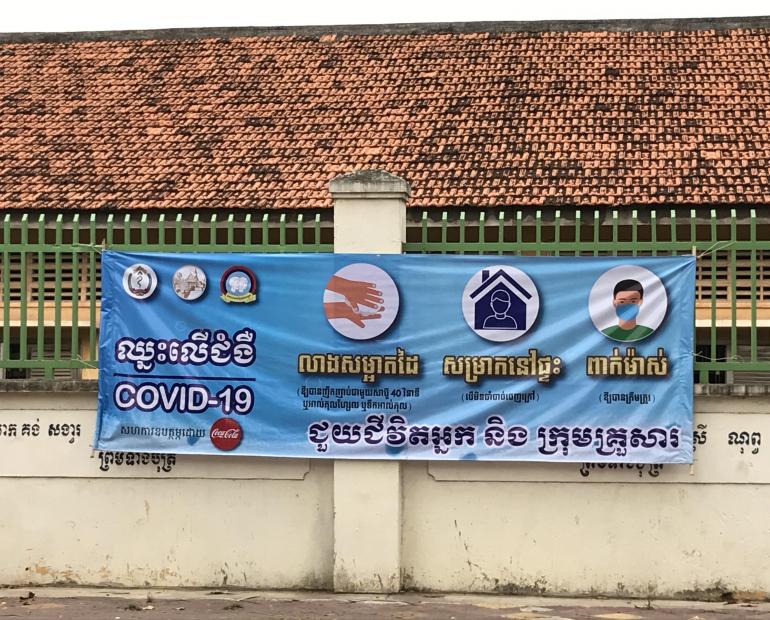
History tells me that I am a descendant of immigrants from Uganda hundreds of years ago from a clan which keeps the tradition of makondele drums to this date. In those times many pastoralists’ clans like mine migrated in search of good pastures for their cattle. My clan and other clans have helped to build the economy of 58.01 million Tanzanians. Migration in Tanzania is not a peculiar case, almost all countries in the world have experienced and welcomed immigrants. Last year l was in United States of America. In United States l witnessed how immigrants from different continents came together to build the most powerful economy in the world. The immigrants in America, just like immigrants in Tanzania, build industries and companies, employ people and pay taxes which increases the country's revenue. What has made America special and powerful is their immigrants, whereby for years they have helped to build and strengthen United States' economy.
To date, moving from one country to another requires someone to follow legal procedures. And so different countries have devised strategies to reduce legal immigration and curb illegal immigration with a notion that economies can no longer contain immigrants. Looking close to the essence of immigration one will find out that, immigrants search for places to start businesses or get well-paying jobs. Although all peaceful countries are undertaking legal strategies to prevent their citizens from moving to other countries illegally, I believe very few have taken interest on what immigrants want in those countries and improve those areas.
In its effort to help countries reduce immigration by improving conditions for direct foreign investments and countries’ economies, the World Bank has often analyzed measures to improve doing business in all countries. In its yearly business report, the World Bank has provided analysis of countries on key areas of business including: starting a business, dealing with construction permits, registering property, getting credit, protecting minority investors, paying taxes, trading across borders, enforcing contracts, and resolving insolvency. For instance, Rwanda is one of the fastest growing economies in East Africa and has been ranked the 29th best place of doing business in the world, and the 2nd in Africa. According to the World Bank 2019 report:
- Rwanda made starting a business less costly by replacing electronic billing machines with free software for value added tax invoices.
- Rwanda improved the monitoring and regulation of power outages by beginning to record data for the annual system average interruption duration index (SAIDI) and system average interruption frequency index (SAIFI).
- Rwanda made registering property easier by improving the land dispute resolution mechanisms of the land administration system.
- Rwanda strengthened access to credit by enacting a new insolvency law. An automatic stay is now imposed on secured creditors for a period of six months and the law provides for relief from such stay when the assets are perishable or are not needed for the reorganization of the company.
- Rwanda reduced the time required to export and import by implementing the Single Customs Territory, risk-based inspections and online certificates.
- Rwanda made enforcing contracts easier by issuing new rules of civil procedure which limit adjournments to unforeseen and exceptional circumstances.
- Rwanda made resolving insolvency easier by making insolvency proceedings more accessible for creditors and granting them greater participation in the proceedings. Rwanda also made resolving insolvency more difficult by hindering the continuation of the debtor’s business during insolvency proceedings.
This report demonstrates Rwanda’s commitments in encouraging foreign direct investment, and citizen entrepreneurship which has helped increase employment to Rwanda citizens and reduce immigration of citizens from Rwanda. It also encourages other countries to follow the footpath of countries such as Rwanda in creating a good business environment and eventually reducing immigration of their citizens to other countries.
In preventing their citizens from migrating to developed countries, developing countries face a media coverage stereotype challenge. In most cases developed countries’ media have often portrayed, conflicts, diseases, malnutrition, natural and climate change driven disasters in developing countries and better jobs and highest living standards in developed nations. Although this has attracted donation to developing countries, to achieve sustainable development these countries need foreign direct investments. I believe this stereotype coverage makes investors somewhat reluctant in investing in these countries due to fear of missing markets for their good and services and losing their capital in conflicts environment. Consequently, there are scarce jobs in developing countries and their citizens rush to developed countries to obtain those better jobs and attain higher living standards portrayed by the media. However, I also believe that developing countries media have not done enough to encourage investments by demonstrating best areas for investments.
I challenge world leaders to tackle immigration by improving doing business conditions in their countries and advertise their countries’ areas of investments.






